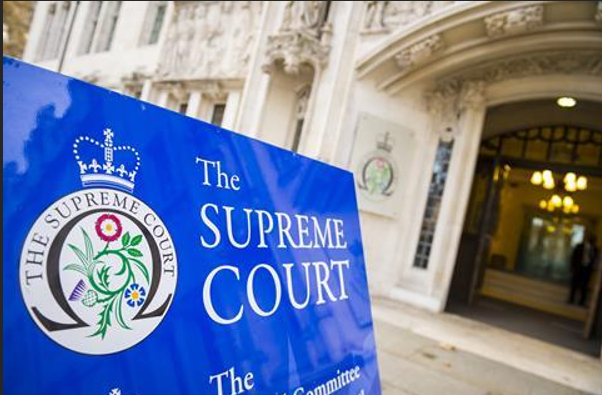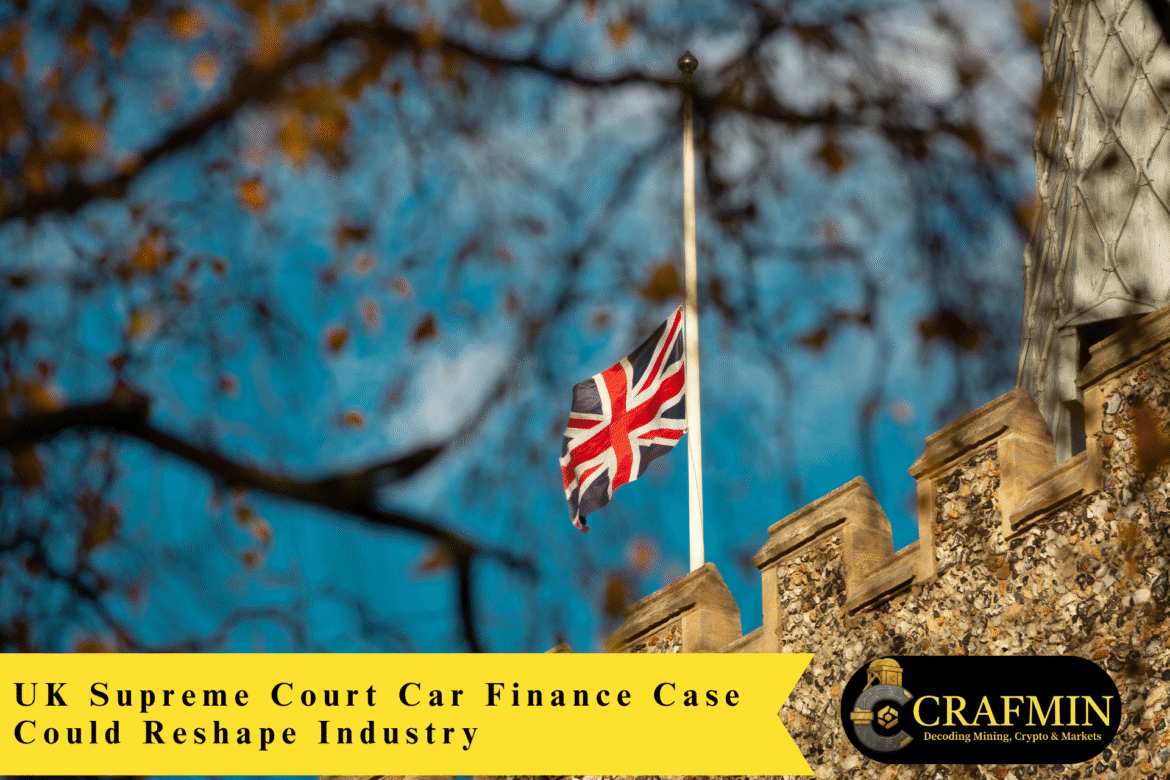The UK’s highest court is contemplating a landmark case that could have multitudes of consequences on millions of car finance agreements.
The crux of the case rests in unlawful secret commissions paid to car dealers under discretionary models-thes have almost entirely been banned since 2021.
The final decision will soon be rendered, with banks, regulators, and consumers really depending on the judgment now because of its multibillion implications.

UK’s top court weighs landmark case that could impact millions of car finance agreements
What is the issue at the heart of the case?
Basically, the UK Supreme Court has gone into the Court of Appeal decision on commission practices for dealers.
Ending up in a discretionary commission system with lenders was common in really many car finance arrangements for car dealers. The highest the loan, the highest the commission.
Borrowers were clamoring that they had not been informed about the practice, which created a conflict of interest.
The case now seeks redress against the allegedly unjust, misleading, and possibly illegal secrecy.
Who brought the complaint to court?
Several motorists, including Jemma Caffrey and Marcus Johnson, filed test cases against lenders such as Close Brothers Finance Ltd. and FirstRand Bank.
They allege to have been tricked or misled into entering into these high-cost-finance agreements, which inflicted upon them hidden dealer incentives on closing.
Consumer law firms and advocacy groups have taken up the cause and label it an issue worthy of national scandal.
The Financial Conduct Authority banned discretionary commission models in January 2021, and the courts will now determine whether dealing in the past infringed the consumer’s rights.

Lloyds sets aside £1.15 billion ahead of Supreme Court car finance ruling
What is at stake for the financial sector?
If the court rules for consumers, banks could face trillions in compensation.
Some reservations have already been made by big banks in respect of these claims; Lloyds Banking Group has already put aside £1.15 billion. Santander UK and Barclays sit on reserves of £290 million and £95 million, respectively.
Estimates are varied. Moody’s warns of liabilities reaching £30 billion. RBC analysts expect a lower but still very considerable £11 billion exposure.
By its financial scale, this could rival the scandal regarding PPI.
FCA may propose a compensation scheme
The FCA is preparing to move quickly depending on the courts.
Within six weeks of the court ruling, it will confirm whether it is necessary to implement a formal redress scheme.
If implemented, a scheme would be in a good position to handle millions of individual claims.
This would expedite payouts, clarify available options for consumers, and limit the administrative burden on lenders.
What is the government’s position?
UK Chancellor Rachel Reeves is alleged to have discussed legislative intervention where the ruling was too costly for the banks.
No measure has been confirmed by officials, but it is thought that protections on a retrospective basis are being looked at.
Such measures would, of course, stymie or defer compensation and mitigate the financial impact on the banking sector.
Consumer advocates warn this could undermine judicial independence and accountability.

Supreme Court ruling due after market close on 1 August 2025.
Why does this case matter globally?
Even if the verdict concerns GoU Law, the effects may cross international barriers. Multinational banks and financiers, depending on UK operations, will maintain a watchful eye on the final outcome. It may well influence the future transparency criteria for commission and finance contracts elsewhere. This case also highlights the ongoing broader trend for consumer rights, fairness, and financial disclosures.
How did these practices go unnoticed?
For many years, discretionary commissions (for example, making of car finance) were permeating UK dealerships.
Commissions profited both lenders and dealers, encouraging a higher interest rate on loans.
Consumers who trusted dealerships might not have known the terms or even the financial incentives behind those terms.
Very few customers ever questioned how their car finance agreements were structured, until the regulators stepped in.
What will the ruling mean for motorists?
A ruling favouring the claimants would have an enormous knock-on effect, as it would enable millions to seek redress.
The ruling would establish that the lenders had a legal obligation to disclose the commissions and seek informed consent.
Mis-sold motorist products may have claims for interest or refund or compensation.
This would offer relief amidst larger concerns over car finance affordability in the UK.
What happens next?
The UK Supreme Court is set to hand down judgment after the close of markets on 1 August 2025.
Once announced, the banks will be looking at provisions while regulators will move into action and media scrutiny will reach fever pitch.
Should the decision favour the claimants, this could very well usher in an almost immediate new wave of claims for compensation.
If, however, it favours the lenders, regulatory clarity may nonetheless see eventual reforms and tighter disclosure rules.
Also Read: SA Police may have found Julian Story’s Skull
Conclusion
The car finance supreme court case is a landmark decision in UK finance law.
The very result of which will leave a greater impact when billions at stake and millions of consumers are affected.
It is a sort of drama between money matters, the consumer, and the law.
Whether it ought to trigger the next wave of compensation, akin to PPI, or whether it raises the bar in regard to compliance standards; the world is watching.

